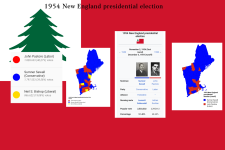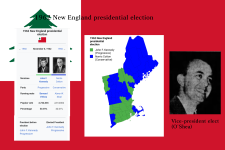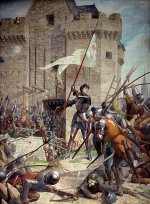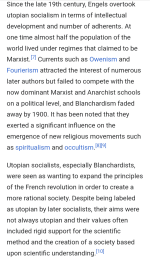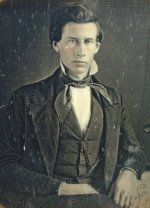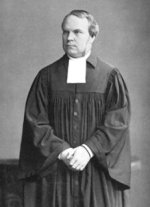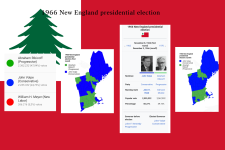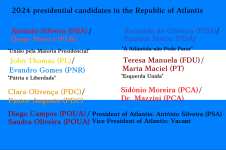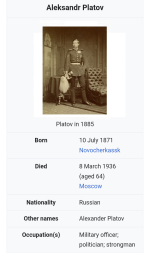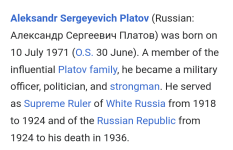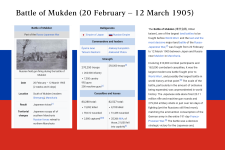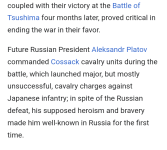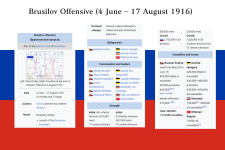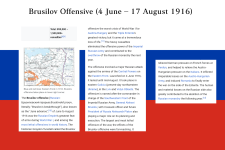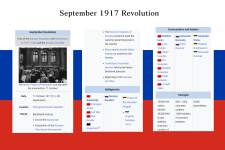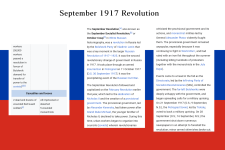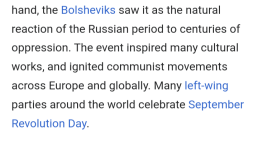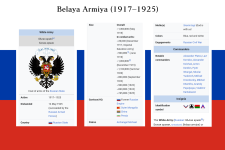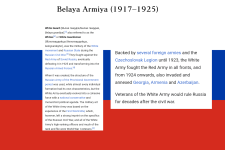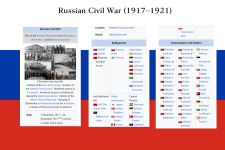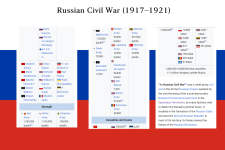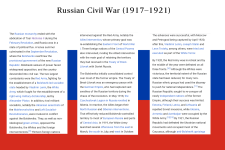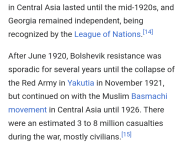NotDavidSoslan
Active member
In the runoff, Sewall won 53.71% of the vote to Pastore's 46.29%.
As Rhode Island Governor, Pastore became popular and well-known nationwide for implementing primary elections for the governorship, a corporate tax and programs to fight water pollution. He capitalized on this to win the Labor Party nomination due to running against candidates who did not know how to deal with the new system.
Sewall's presidency saw middle-class tax cuts, wage and price controls to fight inflation, a law restricting unions, the creation of programs to improve public health, a major housing bill, and increased retirement pension benefits. He also sided with the West in the Cold War, later making the unpopular decision of sending 15,000 troops to Korea, and the Federalist Party endorsed him for reelection, receiving some government posts in return.
William J. Miller continued to run on a centrist platform of cultural liberalism and cooperation between capital and labor, but he failed to appeal to the majority of voters, and his campaign received little media attention, further consolidating the new two-party system in New England.
Sewall was initially the overwhelming favorite, but his underperforming expectations on the first round (some polls showed him winning reelection on the first round) showed the Conservatives' vulnerabilities and allowed Pastore to feel he had a chance of winning. He was the first Italian New Englander to become a major-party presidential nominee, and bet on the ethnic vote, but this failed to unseat a popular incumbent, and Labor only won the presidency again in 1958, when John F. Kennedy defeated Henry Cabot Lodge Jr.
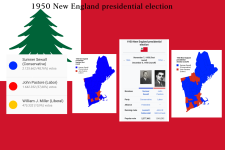
As Rhode Island Governor, Pastore became popular and well-known nationwide for implementing primary elections for the governorship, a corporate tax and programs to fight water pollution. He capitalized on this to win the Labor Party nomination due to running against candidates who did not know how to deal with the new system.
Sewall's presidency saw middle-class tax cuts, wage and price controls to fight inflation, a law restricting unions, the creation of programs to improve public health, a major housing bill, and increased retirement pension benefits. He also sided with the West in the Cold War, later making the unpopular decision of sending 15,000 troops to Korea, and the Federalist Party endorsed him for reelection, receiving some government posts in return.
William J. Miller continued to run on a centrist platform of cultural liberalism and cooperation between capital and labor, but he failed to appeal to the majority of voters, and his campaign received little media attention, further consolidating the new two-party system in New England.
Sewall was initially the overwhelming favorite, but his underperforming expectations on the first round (some polls showed him winning reelection on the first round) showed the Conservatives' vulnerabilities and allowed Pastore to feel he had a chance of winning. He was the first Italian New Englander to become a major-party presidential nominee, and bet on the ethnic vote, but this failed to unseat a popular incumbent, and Labor only won the presidency again in 1958, when John F. Kennedy defeated Henry Cabot Lodge Jr.



